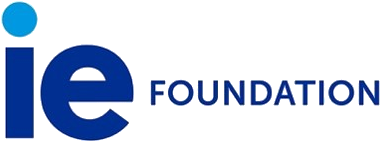“To correct there is no need to fear. The worst teacher is the teacher with fear.” (Gabriela Mistral, Chilean poet)
On May 15th, the National Congress of Chile approved a law that systematizes economic crimes and offenses against the environment. This regulation will also modify, once enacted, the criminal liability of legal entities (RPPJ).

Updates Regarding “RPPJ”
1. Expansion of Potentially Responsible Legal Entities
This includes, among others, state-owned companies and universities, political parties, and even public law religious entities.
2. Autonomy of the “RPPJ”
Its autonomy and independence from the liability of natural persons are reinforced. This means that the failure to declare the criminal liability of an individual will not hinder the existence of legal entity responsibility.
3. Strengthening of Compliance Programs
To be effectively implemented and serve as an exemption or mitigating factor for the “RPPJ”, the Compliance Program must be designed and implemented in accordance with the entity's purpose, activity, size, complexity, and resources of the legal entities. Additionally, it must meet the following requirements:
➜ Identification of activities that may pose a risk of committing crimes (Risk Analysis)
➜ Design and approval of policies and procedures to prevent and detect risky behaviors, including a reporting channel
➜ Appointment of an individual or individuals responsible for implementing the policies and procedures (e.g., a Compliance Officer or Collegial Body)
➜ Monitoring through independent assessments and mechanisms for ongoing updates and continuous improvement
The law, which was endorsed by the Chilean Senate on June 20th following the approval of the National Congress, will introduce some innovations in criminal offenses. Among these innovations are some with a particular impact on business activities:
Specifically, it includes the commission of fraud offenses through the use of computer systems, including methods involving payment cards.
A new criminal offense is added regarding the unauthorized use, for one's own benefit (including that of third parties), of a secret learned in the course of a profession. This includes secrets commonly known in Chile as trade secrets, with penalties for their reproduction.
Environmental crimes are introduced, including specific offenses such as:
➜ Evading the performance of an Environmental Impact Assessment (EIA) when obligated to do so, as well as providing false information regarding an EIA.
➜ Pollution
The Corporation's Act is amended to create two new categories of offenses:
➜ Adoption of Abusive Agreements
➜ Offenses related to the use of false information, both in terms of its disclosure and the approval of agreements based on it
Fuente: Grupo Elecnor y Eversheds Sutherland Nicea, S.L.P



